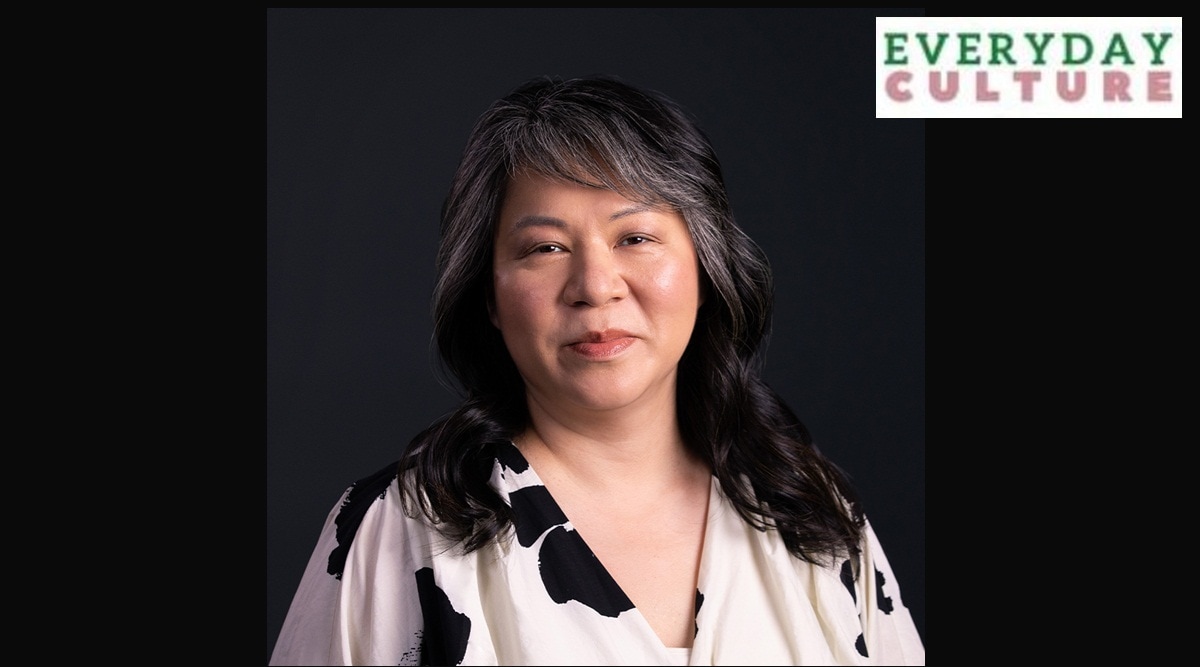Who is a ‘Karen’, the American cultural stereotype invoked in the action against top Uber official
Over the past few years, "Karen" has come to mean a certain type of entitled middle-class white woman who behaves in specific ways in public that range from the embarrassing and unreasonable to the plain offensive, behaviours that are seen to arise out of class privilege, and which are often racist in nature.
 The New York Times reported that Uber’s Diversity Chief, Bo Young Lee, was asked to take time off after hosting the two sessions, which were advertised as hearing from white, female employees and how they felt about the ‘Karen’ persona. (Photo: Uber website)
The New York Times reported that Uber’s Diversity Chief, Bo Young Lee, was asked to take time off after hosting the two sessions, which were advertised as hearing from white, female employees and how they felt about the ‘Karen’ persona. (Photo: Uber website) The head of diversity, equity, and inclusion at Uber has been asked to step back from her duties after workers complained that two employee events she moderated, titled ‘Don’t Call Me Karen’, were seen as being insensitive to employees of colour.
The New York Times reported that Uber’s Diversity Chief, Bo Young Lee, was asked to take time off after hosting the two sessions, which were advertised as hearing from white, female employees and how they felt about the ‘Karen’ persona.
Many employees of colour perceived this as a lecture on the problems that white women encountered, and on why ‘Karen’ was a derogatory term.
The incident at Uber
According to the report by The New York Times, the two sessions of the Don’t Call Me Karen events were part of a series called Moving Forward, which was intended to encourage discussion about race and the experiences of underrepresented groups. Many such discussions had taken place after the 2020 Black Lives Matter protests.
However, the report said, the Don’t Call Me Karen session conducted by Lee was advertised as understanding white, female employees, and their experiences working at Uber and encountering the ‘Karen’ persona.
Black and Hispanic employees who spoke to The New York Times said they were upset at not being given the chance to critique the Don’t Call Me Karen sessions, and found the subject insensitive.
The expression ‘Karen’
Over the past few years, “Karen” has come to mean — in Internet slang, the language of memes, and increasingly in casual conversation — a certain type of entitled middle-class white woman who behaves in specific ways in public that range from the embarrassing and unreasonable to the plain offensive, behaviours that are seen to arise out of class privilege, and which are often racist in nature.
A “Karen” would be the woman who might typically shout at food service workers and other low-wage employees and demand to “speak to the manager”; who would be anti-vaccination during the Covid-19 pandemic; and who would, according to an explainer published by the BBC, “carry out racist micro-aggressions, such as asking to touch black people’s hair”.
A “Karen” might typically also try to use her privilege to harness the power of the state in her favour in situations of minor or even imaginary conflict with individuals of colour or minorities. The most (in)famous of these women perhaps is Amy Cooper, also known as the “Central Park Karen”, who threatened a black man by calling the police and fabricating accusations after he politely asked her to put her dog on a leash, as per the rules of the park.
Karen Grigsby Bates of the Code Switch podcast on NPR drew links between the modern “Karen” and the “Miss Ann” of the Jim Crow periods. Many African Americans used the term to refer to white women who knew their high position on the social hierarchy, and believed that white womanhood was above all else except white manhood, Bates said.
In this explanation, the Karen would be Miss Ann’s modern avatar, who feels entitled by her white privilege and is determined to use it to get what she wants, including exploiting or punishing those who are less privileged.
Karens in India?
Observers in India have pointed to the country’s own “Karens”, driven by caste and economic privilege, and who are seen as being complicit in maintaining or encouraging discriminatory hierarchies. The word was used for example, for a woman who was accused of assaulting a food delivery worker and later claiming to be the victim herself, and for another who abused and intimidated security guards at a housing society.
However, it is difficult to transfer the colloquialisms from societies with race-based hierarchies, like the United States, to a country like India which is layered with various hierarchies and cultural complexities. If the Karen exists to maintain and perpetuate hierarchies of privilege in American society, what hierarchies would an Indian version of the stereotype represent and uphold?
(The writer is an intern with The Indian Express)
- 01
- 02
- 03
- 04
- 05






































